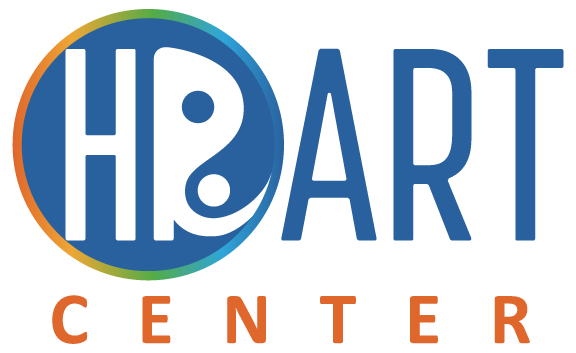I can remember the first moment when I realized that I loved my work. I wasn’t in HR, I was only a 19-year old retail store associate. At that moment, I was merchandising trash cans, not cute trendy ones for some back to school display. Your simple black 32 gallon trash can, you know the one that many of you wheel to the curb every trash day. I can remember the sense of pride rising in my chest as I gazed up at my completed gorgeous end cap, each trash can stacked perfect, thinking, wow- I love my job!
I can also remember the moment I knew I wanted to pursue a path in HR, as it was also the same moment that I became passionate about employee engagement. I was 21 years old sitting in a break room, listening to the company’s most tenured employees describe their work as draining and utter misery – not exaggerating. I was personally perplexed at the stark difference between the moment when I realized I loved my job to where these individuals were at this moment. It sparked a desire within me, I wanted to help, if that was possible, but truthfully I merely wanted to minimize the potential that this would be me one day.
The moment I cannot recall is when I started to believe that HR is immune to this disengagement. For some reason, I had rationalized that the practitioner responsible for managing and driving engagement could never possibly disengage. Yet it was my personal disengagement from my work that caused me to resign my position in 2014 and start a “business”.
Really what I began that day was a journey to attempt to discover how to re-engage in my work again. What I learned is that disengagement does not happen overnight and it’s not isolated to tough times. Instead it is a build-up of contamination from a collective of disengaging interactions at work. To undo disengagement and prevent it from reaching a destructive level we must intentionally detox the toxins. A practice that I now believe is vital for HR practitioners.
The work we do as HR is centered around creating organizational structures and practices to maximize the employee’s ability to contribute. But as we navigate the organizational politics, cultural dynamics as well as the impact from current events, our personal resilience begins to transform from its original intention. We go from being driven to make the workplace better to simply trying to survive.
Here are a couple of common disengagement events for HR Practitioners:
- Facilitating employee performance conversations that generate an emotional employee reaction
- Strategizing how to obtain buy-in within an organization that believes HR provides no actual value
- Engaging in open door policy conversations where employees are venting their frustrations or general opinions
- Working in an environment that has a culture that is toxic in nature, regardless of severity
- Managing organizational risk by approaching situations having to assume the worse of the individuals involved
When we disengage from our work we are unable to be the catalyst for change that we want to be for our organizations and our employees.
Are you ready for a Disengagement Detox? Click here to learn more.
Sincerely,







